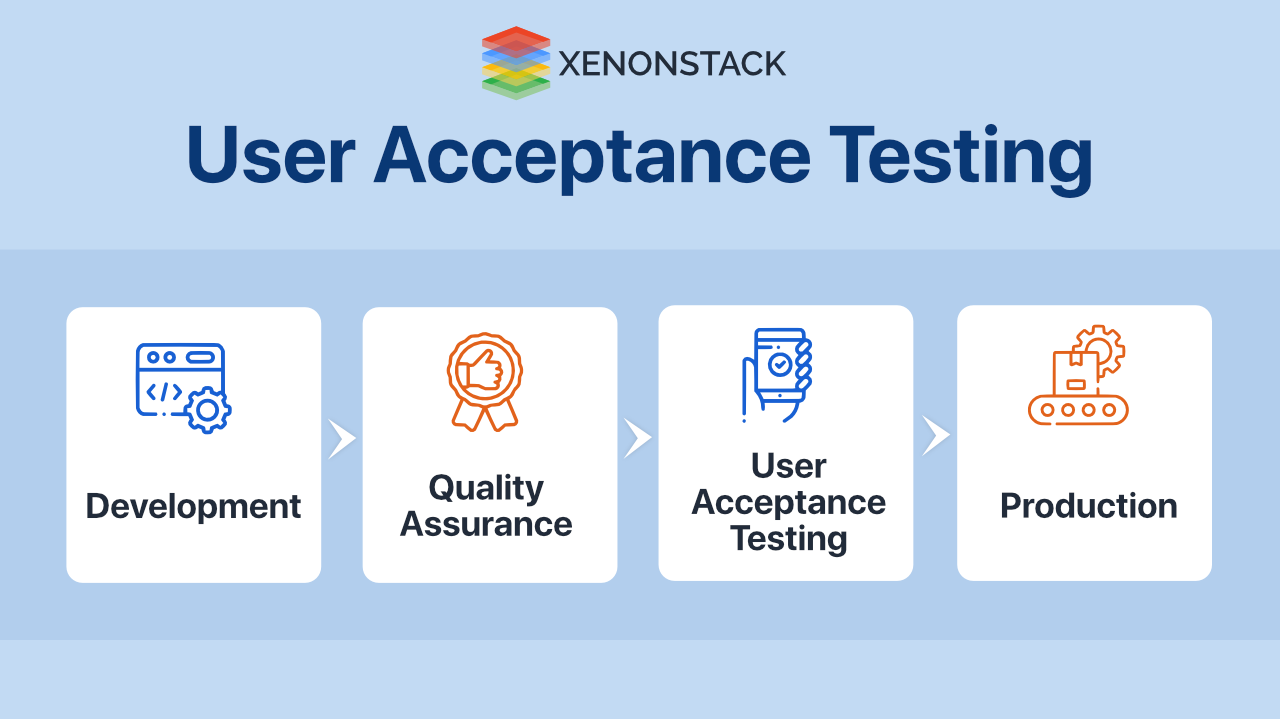Acceptance testing is some sort of critical phase inside the software advancement lifecycle, ensuring that a method meets the particular required specifications plus functions correctly just before going live. Along with advancements in man-made intelligence (AI), there’s growing interest inside leveraging AI intended for automating acceptance tests to improve efficiency and accuracy. However, the implementation of AJAI within this domain is definitely fraught with limitations and challenges, primarily related to reliability, have confidence in, plus the necessity for human oversight. This specific article delves straight into these issues, discovering their implications and even potential solutions.
1. Reliability Concerns inside AI for Approval Testing
One associated with the foremost difficulties in utilizing AI for acceptance screening is ensuring the reliability in the AJAI models and tools used. Reliability throughout this context refers to the consistent performance involving AI in precisely identifying defects, guaranteeing compliance with specifications, and not presenting new errors.
Information Quality and Availability
AI models need large numbers of top quality data to function effectively. Oftentimes, historical test data may possibly be incomplete, sporadic, or insufficient. Poor data quality can cause unreliable AI designs that produce wrong test results, potentially allowing defects to slip through the breaks.
Model Generalization
AJAI models trained on specific datasets may well find it difficult to generalize across different projects or even environments. This lack of generalization signifies that AI equipment might perform effectively in a single context but are not able to detect issues within, limiting their very own reliability across different acceptance testing scenarios.
2. Trust Problems in AI for Acceptance Testing
Developing rely upon AI techniques is yet another significant challenge. Stakeholders, including builders, testers, and managing, have to have confidence that AI-driven acceptance testing will produce trustworthy and valid effects.
Explainability and Transparency
AI models, specifically those based upon deep learning, frequently operate as «black boxes, » producing it difficult to learn how they arrive at certain judgements. This lack associated with transparency can erode trust, as stakeholders are hesitant in order to depend on systems these people do not fully comprehend. Ensuring AI explainability is essential for fostering confidence and acceptance.
Opinion and Fairness
AJAI models can inadvertently learn and perpetuate biases present in training data. Inside the context regarding acceptance testing, prejudiced AI could guide to unfair assessment practices, such as missing certain forms of defects more than other folks. Addressing bias in addition to ensuring fairness throughout AI models is vital for maintaining have confidence in and integrity inside the testing process.
a few. The Need for Human Oversight in AI for Popularity Testing
Regardless of the possible benefits of AJE, human oversight is still indispensable in the acceptance testing procedure. AI should be viewed as an instrument to augment individual capabilities rather than replace them.
Organic Scenarios and In-text Understanding
AI models excel at design recognition and information processing but usually lack the contextual understanding and nuanced judgment that individual testers bring. Complex scenarios, particularly these involving user experience and business common sense, may require human being intervention to make sure comprehensive testing.
Continuous Learning and Adaptation
AI models need to continuously find out and adapt to new data and even changing requirements. Human oversight is vital in this iterative process to give feedback, correct errors, and guide the particular AI in enhancing its performance. This specific collaborative approach guarantees that AI methods remain relevant plus effective over moment.
Mitigating the Problems
To deal with these constraints and challenges, various strategies can become employed:
Improving Data Quality
Investing inside high-quality, diverse, and even comprehensive datasets is essential. Data enhancement techniques and artificial data generation can easily help bridge gaps in training data, enhancing the reliability of AI types.
Enhancing Explainability
Creating techniques for AJE explainability, such as model interpretability equipment and visualizations, could help stakeholders recognize AI decision-making techniques. This transparency fosters trust and facilitates the identification and a static correction of biases.
Implementing Robust Validation Components
Rigorous validation mechanisms, including cross-validation plus independent testing, can help ensure that AJAI models generalize good across different scenarios. Regular audits in addition to reviews of AI systems can more enhance their reliability.
Fostering a Collaborative Human-AI Technique
Encouraging some sort of collaborative approach exactly where AI assists human being testers can take full advantage of the strengths regarding both. navigate to this web-site makes certain that AI designs remain aligned along with business goals plus user expectations, when AI can cope with repetitive and data-intensive tasks.
Bottom line
Whilst AI holds important promise for changing acceptance testing by increasing efficiency and even accuracy, it is not with out its challenges. Stability issues, trust issues, and the requirement of human oversight are usually key hurdles that must be addressed to fully harness the possible of AI within this field. By enhancing data quality, enhancing explainability, implementing solid validation mechanisms, in addition to fostering a collaborative human-AI approach, these kinds of challenges can end up being mitigated, paving typically the way to get more efficient and trustworthy AI-driven acceptance testing options.
Discussing the Current Restrictions and Challenges Experienced When Implementing AI for Acceptance Testing
07
Ago
